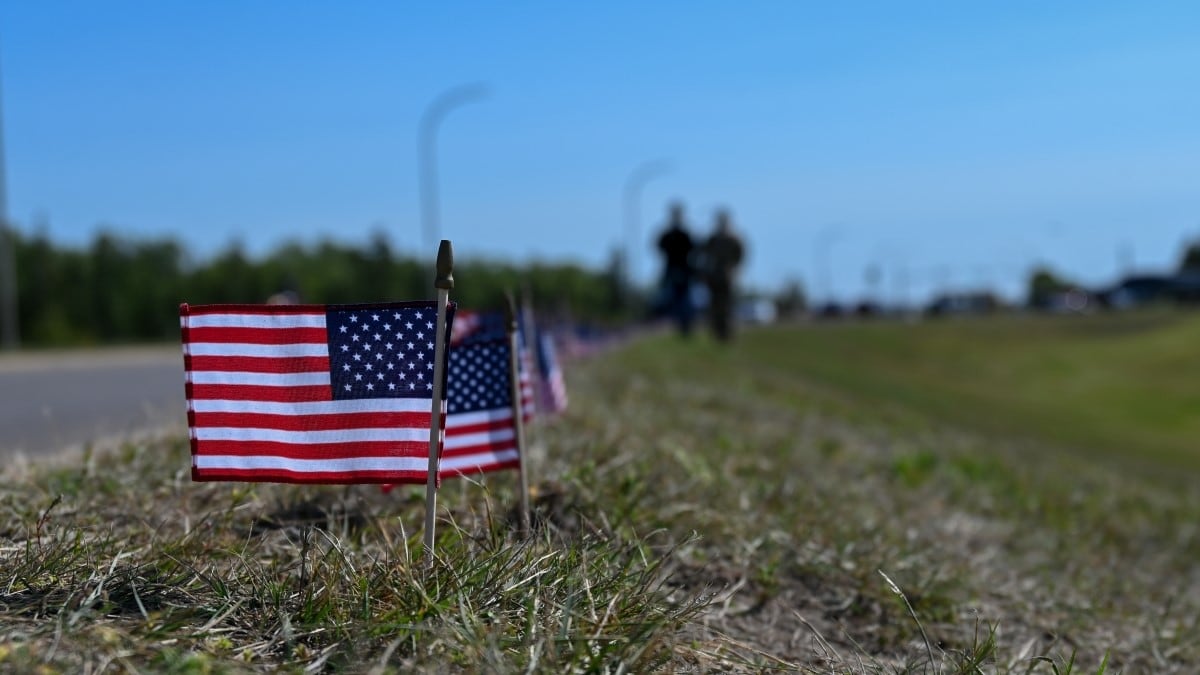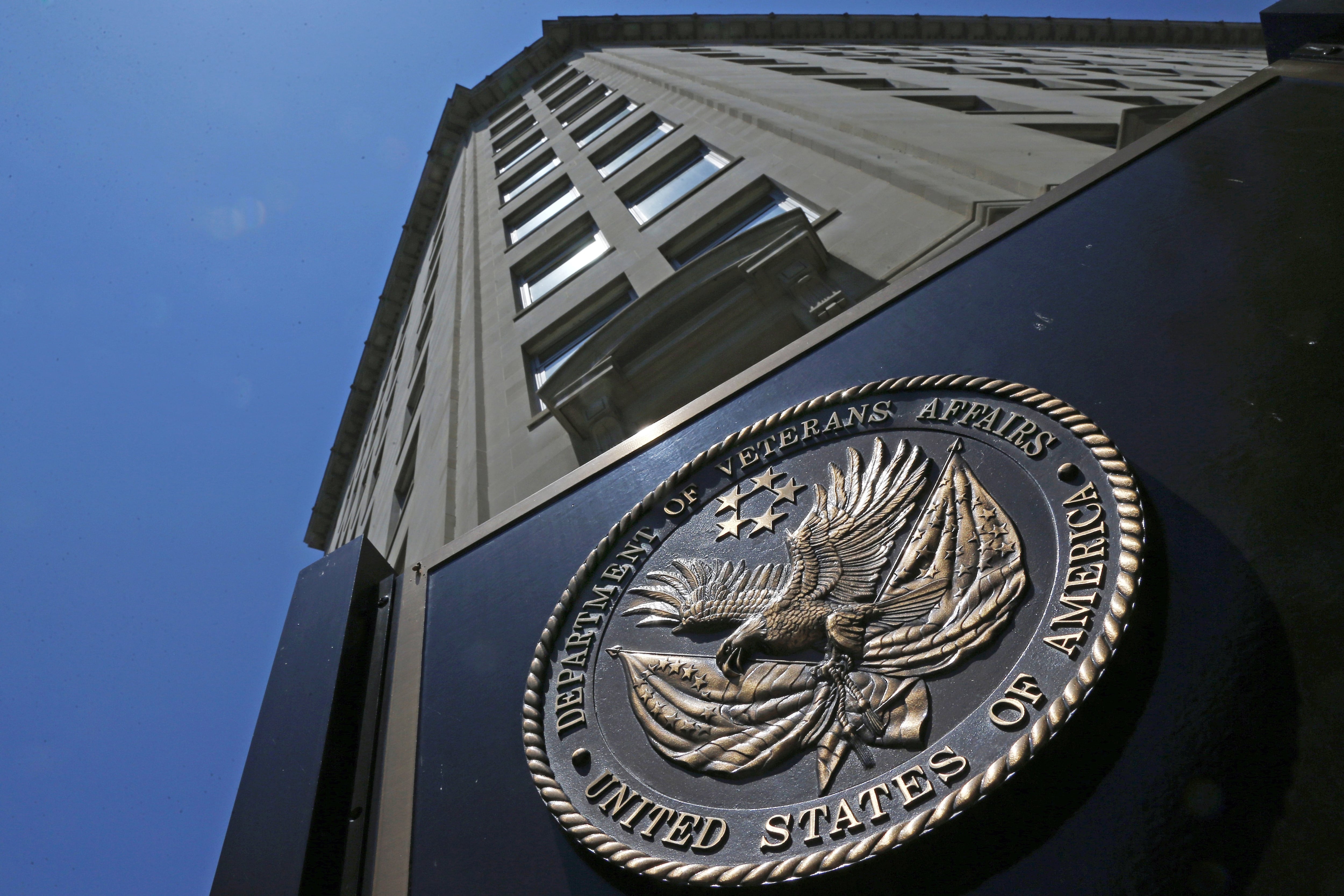Jennifer Cafarella, a Syria expert with the Washington-based Institute for the Study of War, said it was too soon to say if the attacks by the IS group were a reaction to its recent defeats along the border.
But she cautioned that setbacks for IS can lead to "a dangerous new phase" by the group, which sometimes resorts to "infiltration and spectacular attacks that exploit and widen rifts" between populations, groups and security forces in both western and northern Syria,
Turkey's recent intervention in the north has exposed major rifts and encouraged anti-Kurdish activity, Cafarella said in emails to The Associated Press. She said it was likely that as IS militants are pushed out of territory, they will increasingly target government and Kurdish areas.
"So it's a dangerous possibility that we're witnessing ISIS gear up for a campaign to expand westward into either or both regime and opposition territory as it loses to the anti-ISIS coalition," she said, using an acronym for the militant group.
The territorial losses at the border were the biggest blow to the militant group that also has suffered a series of recent battlefield setbacks in Syria and Iraq. Syrian rebels, backed by Turkish warplanes and tanks, continued to push IS fighters out of the border strip Monday, securing their hold on an area seized a day earlier.
In Hangzhou, China, meanwhile, President Barack Obama said the U.S. and Russia have not given up on negotiations to halt the bloodshed in Syria, but acknowledged that "gaps of trust" exist between the rival powers.
Significant sticking points remain in negotiations over creating a U.S.-Russian military partnership focusing firepower on "common enemies" in Syria, Obama said. He acknowledged that a meeting Monday with Russian President Vladimir Putin did not yield a breakthrough.
A deal would depend on Moscow using its influence with Syrian President Bashar Assad to persuade him to ground planes and stop the assault on opposition forces.
Monday's bombings came in rapid succession during the morning rush hour, targeting the central city of Homs; a highly guarded Damascus suburb; the government stronghold of Tartus, where Russia has a major naval base; and Kurdish areas in northeastern Syria.
State TV showed massive damage at the Arzoneh bridge just outside Tartus along the international coastal highway. The report said the Tartus-Homs highway was closed briefly.
Dozens of burned and mangled cars sat in pools of water mixed with blood after the blaze was extinguished.
"My car caught fire and army soldiers pulled us out of the car," a survivor told state TV from al-Bassel Hospital.
IS and the Observatory said the target was a checkpoint at Tartus' southern entrance. The militant group said it sent three suicide bombers to the area, the first of them in a car. Two followed after security and rescuers responded.
State TV said at least 35 were killed. The Observatory put the figure at 38, including an army colonel. Dozens were wounded.
The coastal city is a popular beach resort among Syrians, with many coming from government controlled areas, particularly ahead of a major Muslim holiday next week.
The Islamic State group claimed suicide bombings in Tartus and neighboring Jableh that killed over 160 people in May.
Areas controlled by Assad's forces have had several bombings and other attacks claimed by both IS and al-Qaida-linked militant groups.
Another of Monday's bombings occurred in the Damascus suburb of Sabbourah, a major security breach in the heavily guarded area. The state-run SANA news agency said the attack killed one person, while the opposition-run Observatory said three were killed.
IS said a suicide car bomb targeted a military checkpoint west of Damascus.
"It's an area that houses officers and their families. Even before the revolution, it was carefully guarded," said opposition media activist Yousef al-Boustani, referring to the 2011 uprising against Assad that began with peaceful protests demanding reform.
Police chief Maj. Gen. Jamal Bittar told state TV that three attackers were in the car that was seen by security forces. They fired at the car, forcing two passengers to get out and the driver to blow it up, Bittar said. Another bomber blew himself up as he was arrested, killing the security officer and wounding three civilians, he added.
A car bomb struck a military checkpoint in the central provincial capital of Homs, killing three soldiers and a civilian, and wounding 10 others, according to the governor of Homs.
The city, which is Syria's third-largest, is largely under government control, with only one neighborhood still held by rebels. The bomb exploded in the government-held Bab Tadmor district. The Observatory said four soldiers were killed.
A suicide bomber on a motorcycle in the northeastern city of Hasakeh killed eight people, SANA said. The IS news agency said the attack targeted a checkpoint manned by Kurdish forces.
Government troops withdrew from Hasakeh in August after street battles with Kurdish forces, which took control of the city, although the police force stayed in place. The Observatory said the blast killed five Kurdish police, the Asayesh, and three civilians.
IS said it also detonated a bomb in the northeastern city of Qamishli, targeting Kurdish fighters. The Observatory confirmed a bomb but had no casualty figures.
Associated Press writers Albert Aji in Damascus, Syria, and Maamoun Youssef in Cairo contributed to this report.




